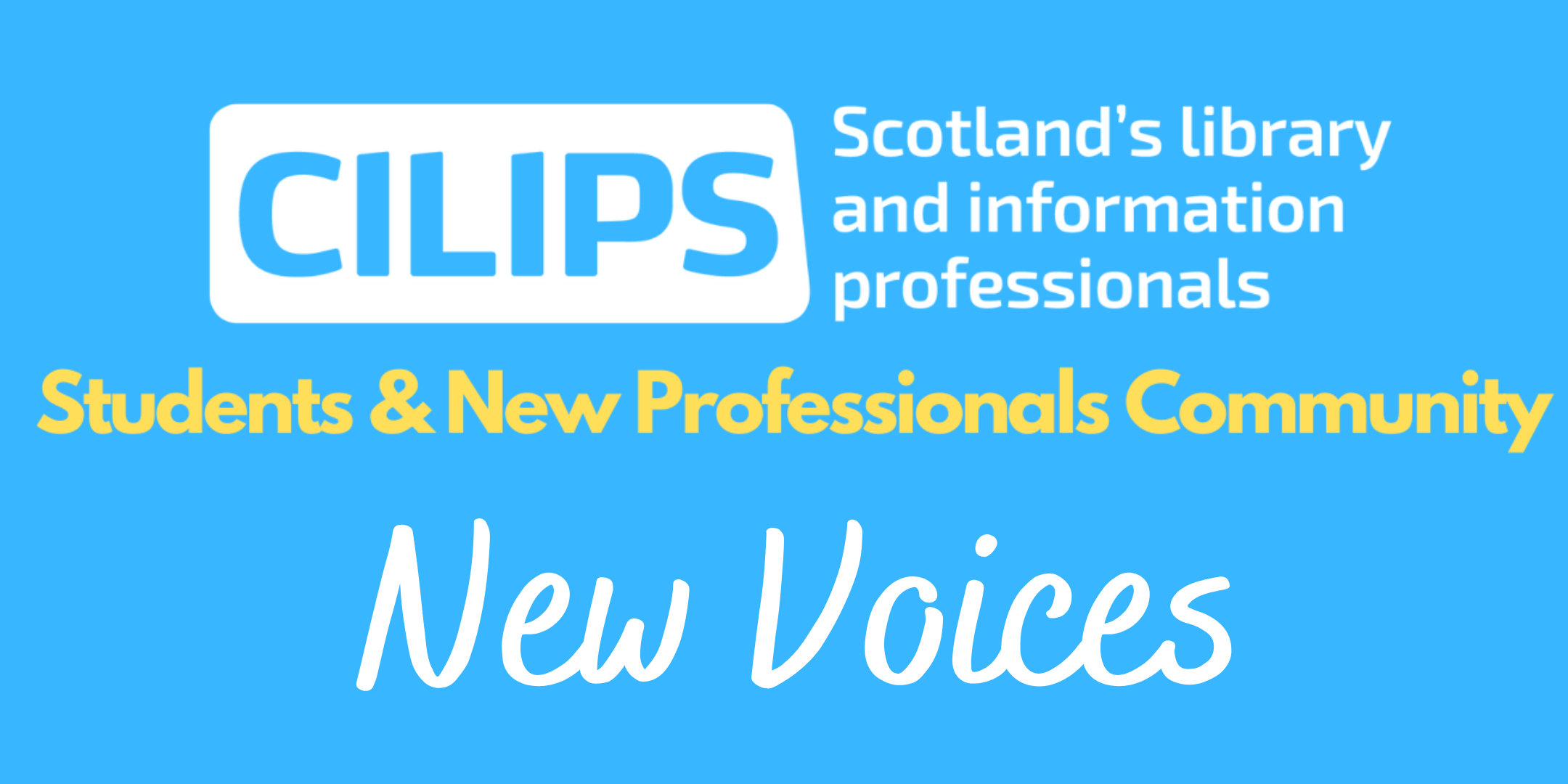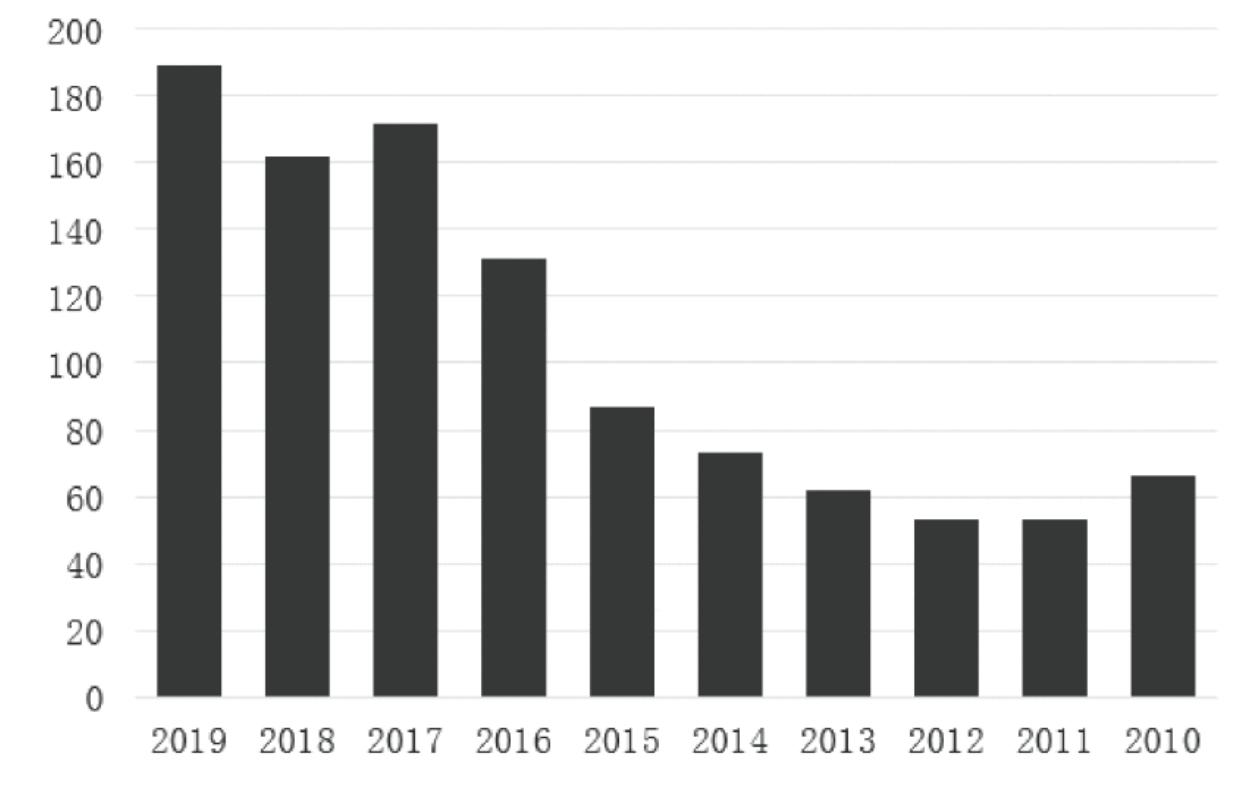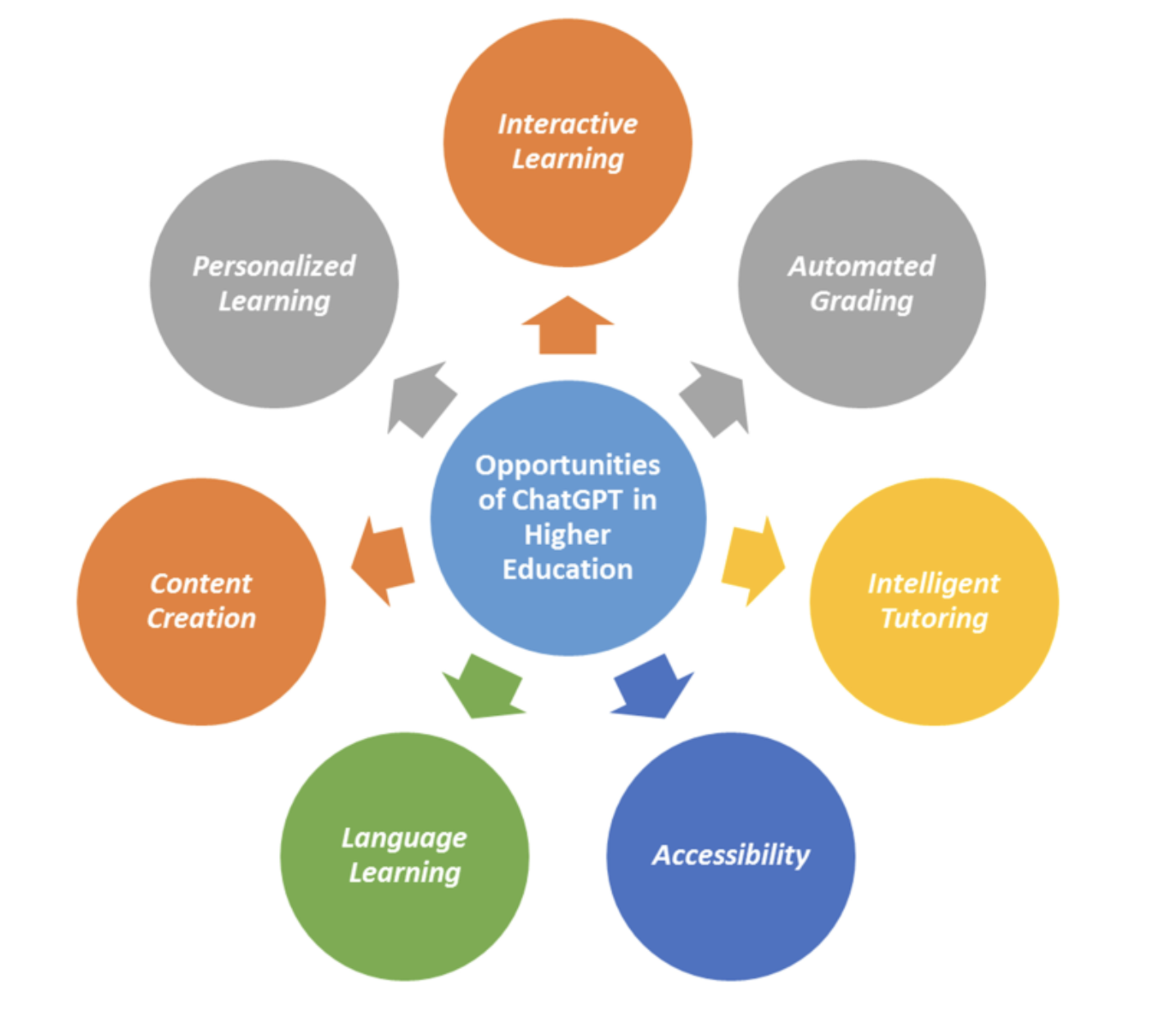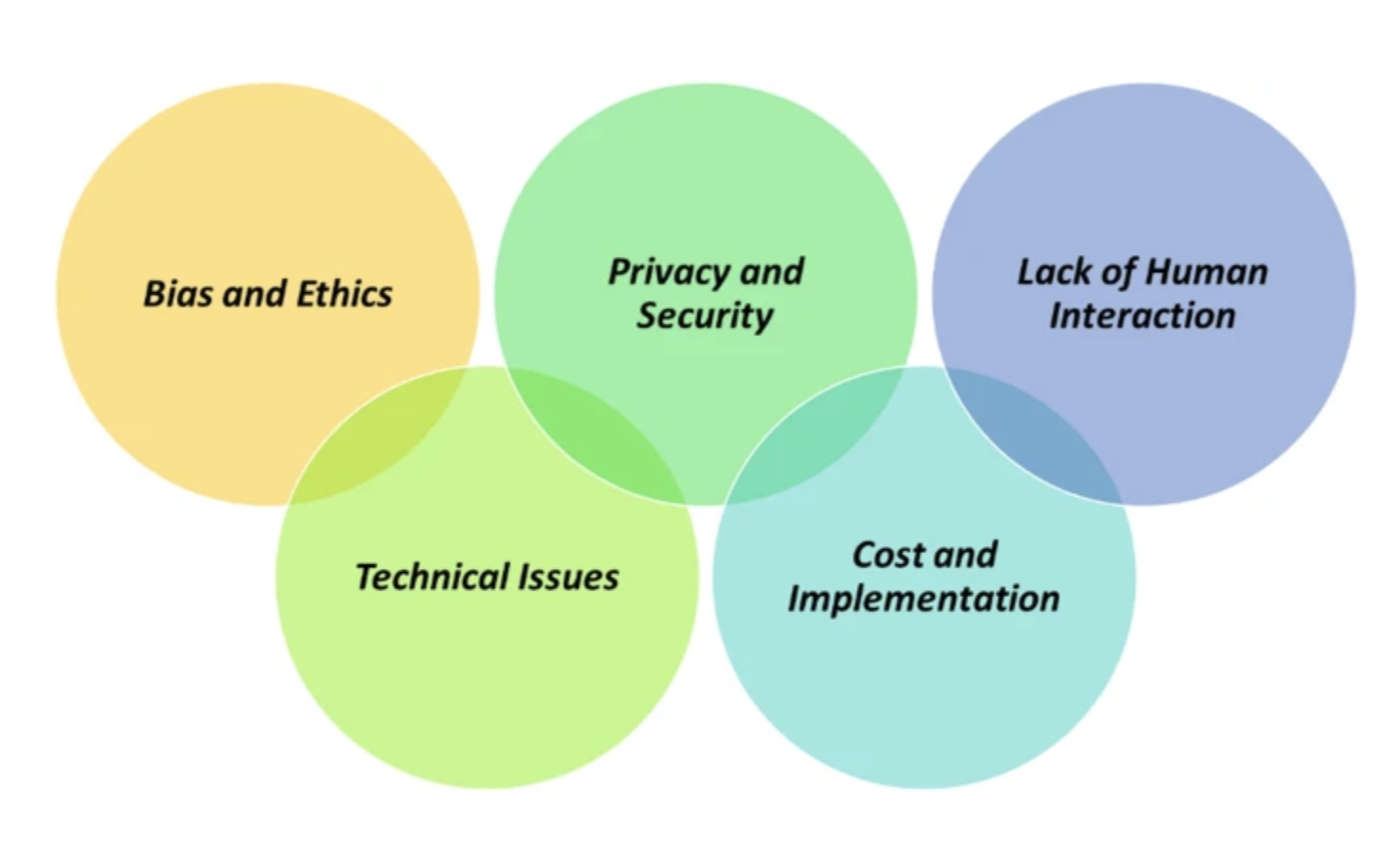New Voices RGU Student Series 2024 – Gillian Kelleher
Category: Blog, New Voices, RGU Student Series 2024

In the 2024 Student Series for the New Voices blog, CILIPS Students & New Professionals Community will be sharing the views of Robert Gordon University students from the MSc in Information and Library Studies.
With special thanks to Dr Konstantina Martzoukou, Teaching Excellence Fellow and Associate Professor, for organising these thought-provoking contributions.

The next blog in our series comes from Gillian Kelleher. Gillian works as a Library Branch Manager at Millstreet Library. Millstreet is a small town in North County Cork, Ireland. Millstreet has hosted many important events which have given the town international fame. The Green Glens Arena is one of the largest equestrian centres in Ireland, and famously hosted the Eurovision Song Contest in 1993. I have worked for Cork County Council Library & Arts Service since 2008 and I am currently a MSc student of Information and Library Studies at RGU.
Information Professionals play a crucial role in supporting Information literacy skills development when navigating Generative AI Tools in Education.
“Information literacy is the ability to think critically and make balanced judgements about any information we find and use.” (CILIP, 2018)
It encompasses skills & abilities such as discovering, accessing, interpreting, analysing, managing, creating, communicating, storing and sharing information as well as having the competencies, attributes and confidence to make the best use of information and to interpret it judiciously.
Information literacy is not a stand-alone literacy. According to UNESCO (2013) “Media literacy, information literacy, Information & Communications Technology & Digital Literacy are no longer seen as separate but as interconnected & overlapping.” (p.27)
The digital revolution has brought many changes in various aspects of our everyday life, including education. We live in a world where information is more accessible than ever before through books, academic journals, news, social media, and the internet.
The most recent development and what we are beginning to hear more about every day is Generative Artificial intelligence. What is it and what impact has it on our Education System? Baker and Smith (2019) pointed out that AI does not refer to a single technology but is defined as “computers [that] perform cognitive tasks, usually associated with human minds, particularly learning and problem-solving” (p.10).
Previously, AI has been described as technology that has the capacity to mimic human-like responses, such as reasoning, exercising judgement, and exhibiting intentionality (Shubhendu & Vijay, 2013).
Generative AI tools, such as ChatGPT and language models are revolutionising the way students access information, do their research and engage with educational content. ChatGPT can “write stories, give life advice, even compose poems and code computer programs” (Scharth, 2022 para.2). It must be remembered that AI tools are not always trustworthy. There have been reports that it “produces fake citations and reproduces biases that exist in the literature” (Gleason, 2022, para. 7). While it can answer general questions correctly, it can give misleading answers on more specialised topics and its database only goes up to 2021.
Artificial intelligence in education, according to Chassignol et al. has been incorporated into administration, instruction, teaching and learning.
Figure 1 shows the rising number of papers published in the topics “AI” and “Education” from Web of Science and Google Scholar since 2010. Year by year there is an increase if AI algorithms and systems in education.
Figure 1.
Papers in Web of Science and Google Scholar in the last ten years with key words “AI” and “Education”.
Integrating AI into education can have very positive outcomes for teachers by reducing their workload and enhancing students learning experience.
Figure 2: Opportunities of ChatGPT in Higher Education
While these AI tools are beneficial, they also bring challenges related to information privacy, quality & ethical use.
While it is exciting to see AI becoming more prevalent in education, it certainly brings challenges like data privacy and security, algorithmic biases, lack of human interaction, technical issues and cost and implementation.
Figure 3. Challenges of using GenAI Tools in Education
The above problems must be addressed before GenAI tools are implemented in higher education. By tackling these issues, institutions can take advantage of the benefits of GenAI tools thus creating a more effective and inclusive learning for all students.
It is essential for students, teachers, academic advisors, and institutions to have the necessary information literacy skills to be able to address these issues appropriately.
“Information Literacy empowers people in all walks of life to seek, evaluate, use and create information effectively to achieve their personal, social, occupational and educational goals” (CILIP, 2018)
In an information age, information literacy is a basic human right and is a fundamental skill for lifelong learning, professional development, and the ability to interact in the information society. (Kirton and Barham, 2005)
“Information Professionals have a crucial role in advocating, supporting and enabling information literacy” (CILIP, 2018). Apart from their traditional role of custodians, keepers, or providers of information & knowledge the role of the information professional as a trainer and educator continues to evolve as the number of information choices and formats have increased.
As part of their role, Information Professionals can train & instruct information users through workshops on digital literacy. Information professionals play an essential role in the information society by providing physical and intellectual access to their resources (Farmer, 2019). In an era where fake news, misinformation, and propaganda are circulated rapidly via social media, which destabilize traditional expertise and authority, information scholars and professionals are called upon to respond (Julien, n.d.).
Information professionals teach users to check the information they find is authentic, valid, and reliable & educate users to adopt a more independent, critical thinking approach towards information.
They would support research and innovation on an ongoing basis.
It is crucial that Information Professionals continuously keep abreast of new developments, methods, techniques, and approaches for finding information.
In summary it is vital that Information Professionals collaborate with teachers, educators, academics & students so that they have the necessary information literacy skills to use Generative Artificial intelligence tools in education safely, responsibly, and effectively in this rapidly changing digitized world.
References
BAKER, T., & SMITH, L. (2019). Educ-AI-tion rebooted? Exploring the future of artificial intelligence in schools and colleges.
https://www.nesta.org.uk/report/education-rebooted/ [Accessed 2 November 2023]
CHASSIGNOL, M., KHOROSHAVIN, A., KLIMOVA, A., & BILYATDINOVA, A. (vol. 136, pp. 16–24 2018) Artificial intelligence trends in education: A narrative overview https://www.sciencedirect.com/science/article/pii/S1877050918315382 [Accessed October 2023]
CILIP. 2018. CILIP Definition of Information Literacy. (online) Available from: https://www.cilip.org.uk/news/421972/What-is-information-literacy.htm [Accessed October 2023]
DEVEDZIC, V. (2004). Web intelligence and artificial intelligence in education. Educ. Technol. Soc., vol.7, pp. 29-39.
https://www.jstor.org/stable/jeductechsoci.7.4.29
FARMER, L., (2019). News literacy and fake news curriculum: School Librarians’ perceptions of pedagogical practices. Journal of Media Literacy Education, 11 [3], 1-11 https://doi.org/10.23860/jmle-2019-11-3-1 [Accessed October 2023]
GLEASON, N. (2022). ChatGPT and the rise of AI writers: How should higher education respond? Times Higher Education.
https://www.timeshighereducation.com/campus/chatgpt-and-rise-ai-writers-how-should-higher-education-respond
[Accessed October 2023]
JULIEN, H. (n.d) The role of information scholars and professionals in responding to fake news, misinformation, and propaganda. Online webinar. Retrieved from https://www.asist.org/meetings-events/webinars/the-role-of-information-scholars-and-professionals-in-responding-to-fake-news-misinformation-and-propaganda [Accessed October 2023]
KIRTON, K., & BARHAM, L. (2005). Information literacy in the workplace. The Australian Library Journal. https://www.tandfonline.com/doi/pdf/10.1080/00049670.2005.10721784 [Accessed October 2023]
RAWAS, SOHA (2023). Empowering lifelong learning in the digital age of higher education. Educ Inf Technol
https://link.springer.com/article/10.1007/s10639-023-12114-8 [Accessed November 2023]
SCHARTH, M. (2022). The ChatGPT chatbot is blowing people away with its writing skills. The University of Sydney.
https://www.sydney.edu.au/news-opinion/news/2022/12/08/the-chatgpt-chatbot-is-blowing-people-away-with-its-writing-skil.html
[Accessed October 2023]
SHUBHENDU, S., & VIJAY, J. F. (2013). Applicability of artificial intelligence in different fields of life. https://www.ijser.in/archives/v1i1/MDExMzA5MTU=.pdf [Accessed October 2023]
UNESCO Communication and Information Sector, 2013. Global Media and Information Literacy Assessment framework: Country Readiness and Competence (Online) https://unesdoc.unesco.org/images/0022/002246/224655e.pdf [Accessed 29 October 2023]


